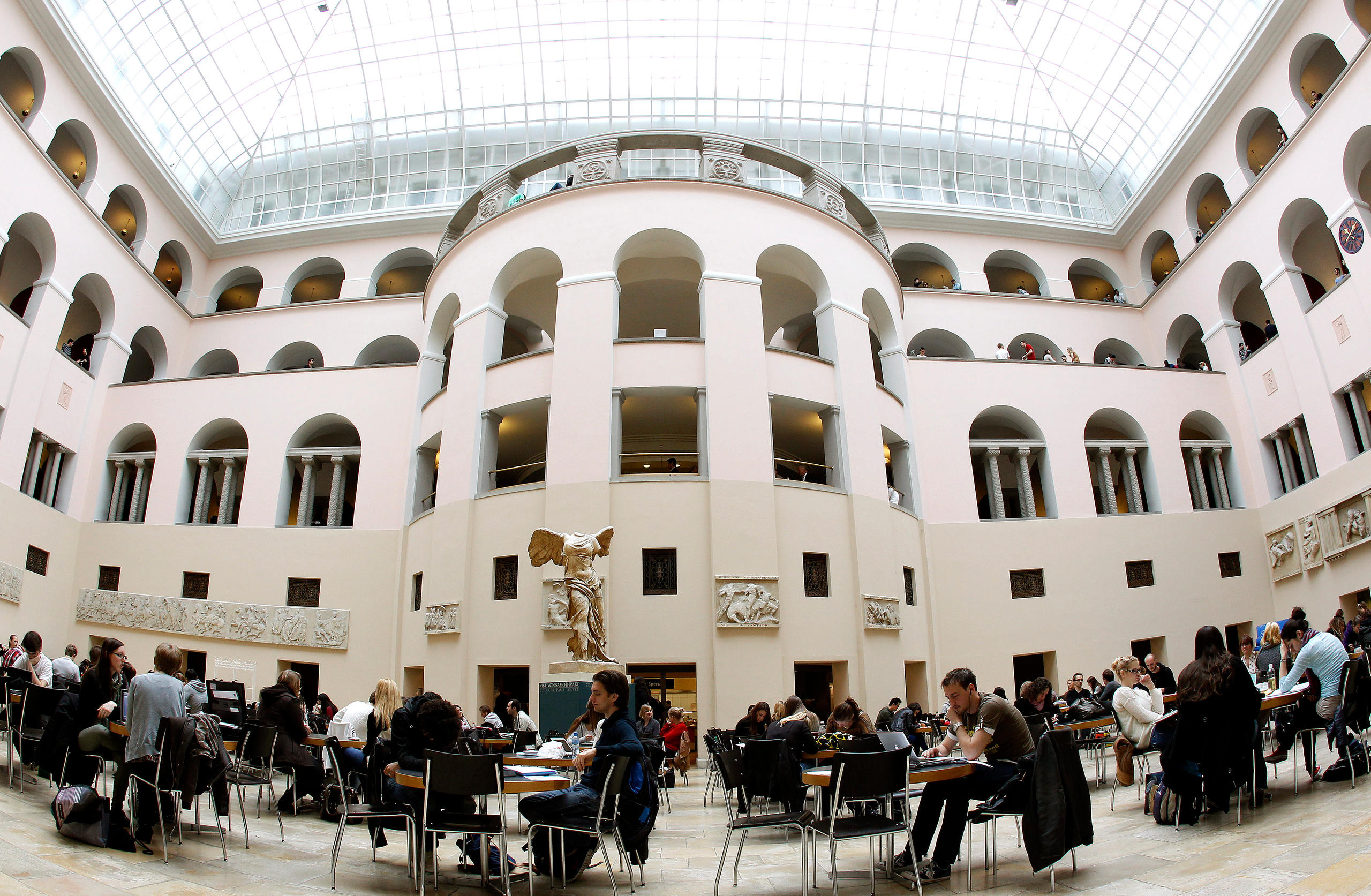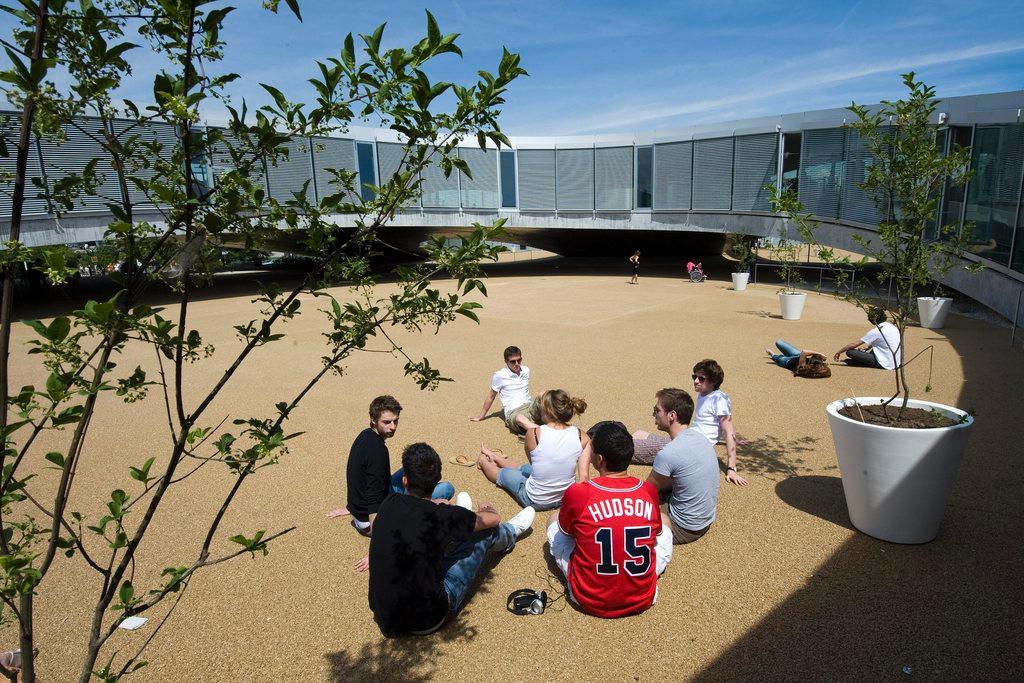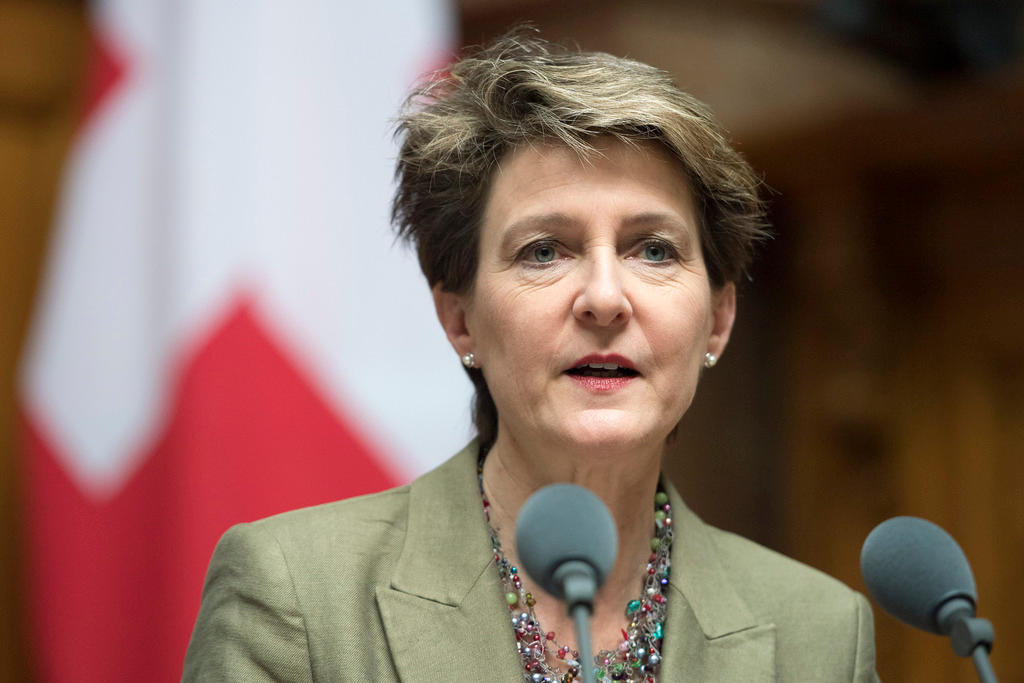Reputation of Swiss research centres at risk

The president of Switzerland’s Federal Institutes of Technology has warned of serious consequences for the country’s science and research communities if no solution can be found with European Union about controversial plans to limit immigration.
Fritz Schiesser, president of the ETH Board, said Switzerland would be excluded for good from the prestigious European Horizon 2020 research programme unless parliament agrees to the free movement of people from Croatia.
“If we do not ratify the Croatia protocol by the beginning of 2017, we will be out. This would be extremely disadvantageous for our country,” Schiesser told the Saturday edition of the Neue Zürcher Zeitung newspaper.
He says Switzerland research centres would forgo up to CHF160 million ($163 million) in funding but also risk their reputation and a chance to compete with the best.
Schiesser dismissed speculation that the top Swiss universities could cooperate more closely with their British counterparts to compensate for suspension from the Horizon 2020 programme.
“It is not realistic to assume that a new research cluster would form quickly to compete with that of the EU,” he added.
Switzerland’s participation in Horizon has been jeopardised by a 2014 vote to re-introduce immigration quotas, while Britian’s vote last month to leave the EU could also result in a suspension from the research programme.
Parliament
Schiesser, a former politician and senator, also called on the Swiss parliament to face the possible consequences if it refuses to grant considerably more funds to the two Federal Institutes of Technology in Zurich and Lausanne.
“Politicians have to recognize the contribution of education, research and innovation to society,” he said.
Cutting the financial resources would have a long-term impact as falling back in the competitive race against other countries would necessitate massive financial investments at a later stage to catch up.
“I don’t understand why the education sector has to contribute more to government spending cuts than other sectors,” Schiesser told the NZZ.
A bill to increase funding for the technology institutes – with a total of about 30,000 students – is currently pending in parliament. The House or Representatives rejected proposals for additional funding.
The Senate is still to discuss the issue.

In compliance with the JTI standards
More: SWI swissinfo.ch certified by the Journalism Trust Initiative





You can find an overview of ongoing debates with our journalists here. Please join us!
If you want to start a conversation about a topic raised in this article or want to report factual errors, email us at english@swissinfo.ch.